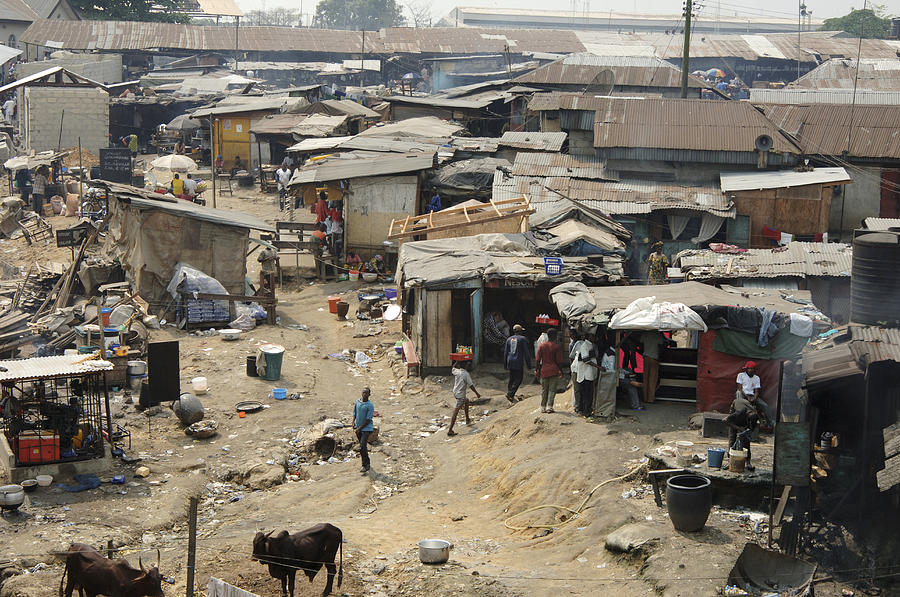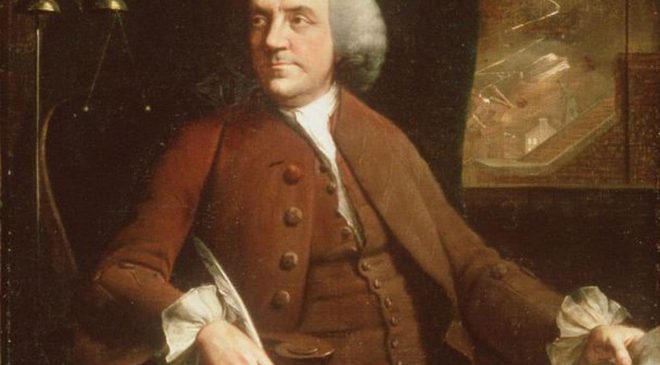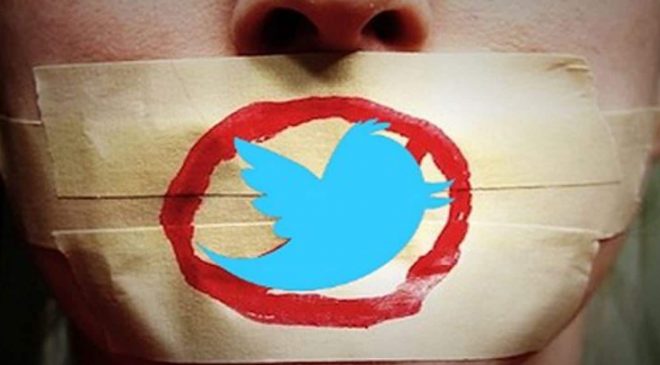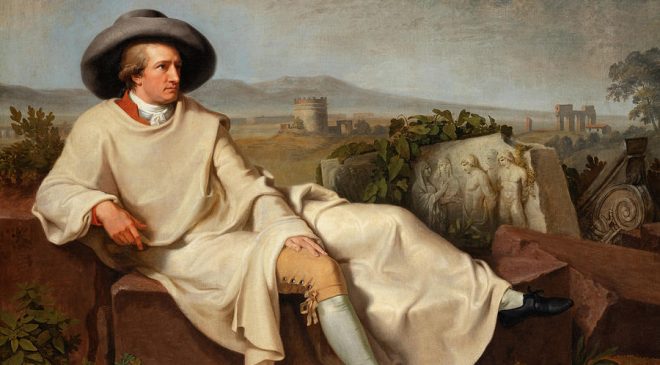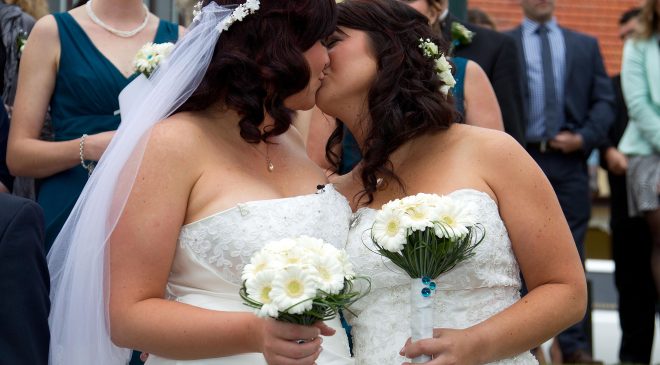My first comment in this discussion was the source of another I published here a few weeks ago. Here’s the original with our good friend u/Mutant_Llama1, from 6 months ago. The thread begin with the question, “At what point does a body of NAP violators stop becoming a criminal gang and begin becoming a state?” Enjoy!
Skyler: Here’s the truth: we are already in a state of anarchy, an anarcho-capitalist society. Unfortunately, within our society there are operating large criminal organizations, some calling themselves “government”, others not. Their existence does not dictate whether or not you are a free person. You are, always. They are merely a technical problem to be dealt with.
Mutant_Llama1: We are already in an anarcho-communist society. But some people created the idea of property to convince us we’re not and use force to enforce their perceived rights.
Skyler: Call it whatever you want, but if you don’t have property rights in bodies (self-ownership) and resources (original appropriation) then you shan’t have the property security necessary for peace and prosperity. It’s an impossibility. Obviously property rights are a social construct, but where they are ill-defined and insecure, you have waste and conflict. Always.
Mutant_Llama1:
if you don’t have property rights in bodies (self-ownership) and resources (original appropriation)
Those are two separate concepts. Your car is not your arm. Your arm is part of you, not something you own. Defending your own continued existence is different from defending your own claimed right to control what other people can use.
Skyler: Arms and cars are rivalrous (scarce, conflictable) resources. Two people can’t control them at the same time without interfering with the other. The only way to avoid conflict is to assign ownership, the exclusive legal right of control. How we do that will decide whether we reduce conflict over rivalrous resources, or not. Assigning ownership over stuff is just as important and necessary as is assigning ownership over bodies.
Mutant_Llama1:
Two people can’t control them at the same time without interfering with the other.
Two people can use it within the same lifetime without interfering with each other. If you’re not using something, then I can use it without interfering with you.
Skyler:
If you’re not using something, then I can use it without interfering with you.
Storing and ensuring that my property is available and with its integrity intact when I want to use it is itself a type of use. A vacation home uninhabited by the owner is still in use by the owner as a ready and available vacation home. A car uninhabited by the owner is still in use by the owner as a ready and available car. Same goes for every other type of rightly/justly acquired property. You can’t use my property without automatically interfering with my use, no matter it’s current state of activity or occupation.
Mutant_Llama1: So you think storing it “just in case” is more important than the hundreds of “just in case” scenarios already happening?
Skyler: The vacation house, or extra car, or whatever would never have been purchased in the first place if the expectation was not ownership (exclusive right of control). And if it wasn’t going to be purchased, it probably wouldn’t have been built. There’s no way to create and grow wealth without secure property rights because the incentives to do so simply wouldn’t exist. Poverty is the result of insecure property rights, always and everywhere.
Mutant_Llama1: Do you really think if not for your “extra” house, someone else wouldn’t have bought that house? Like, Idk, someone who currently doesn’t have any at all?
And if it wasn’t going to be purchased, it probably wouldn’t have been built.
Unless, maybe, monetary profit wasn’t made a prerequisite for everything by capitalism.
Property rights are only necessary because they exist. If nobody owned property, nobody would need to, because they could use whatever exists, and would therefore have every incentive to create more things, so they exist and can be used. Only a psychopath would sit there and watch people starve and freeze because building a house doesn’t automatically let him leverage it for power and social status.
Skyler:
Do you really think if not for your “extra” house, someone else wouldn’t have bought that house? Like, Idk, someone who currently doesn’t have any at all?
Why would a firm build a house to sell for a profit if they weren’t allowed to make profits? They house wouldn’t be built, unless the occupier built it themselves, in which case it will be a piece of shit house needing constant maintenance, but since anyone could squat at any time and take it over, the owner won’t be incentivized to perform it, falling into dangerous disrepair, shanty towns everywhere.
If nobody owned property, nobody would need to, because they could use whatever exists, and would therefore have every incentive to create more things, so they exist and can be used.
Without ownership rights there is no incentive to build and maintain your wealth. The incentive is to use it up quickly, to be wasteful, in case someone else comes along and takes it.
Only a psychopath would sit there and watch people starve and freeze because building a house doesn’t automatically let him leverage it for power and social status.
Then go build poor people houses and show the world how moral you are.
This discussion went exactly where discussion on property rights go, an attempt to ignore their purpose and pretend that things just happen outside of incentive structures. It would be wonderful if houses built and secured themselves so that everyone would have one and never have to worry about losing it. But that’s a fantasy, obviously.
